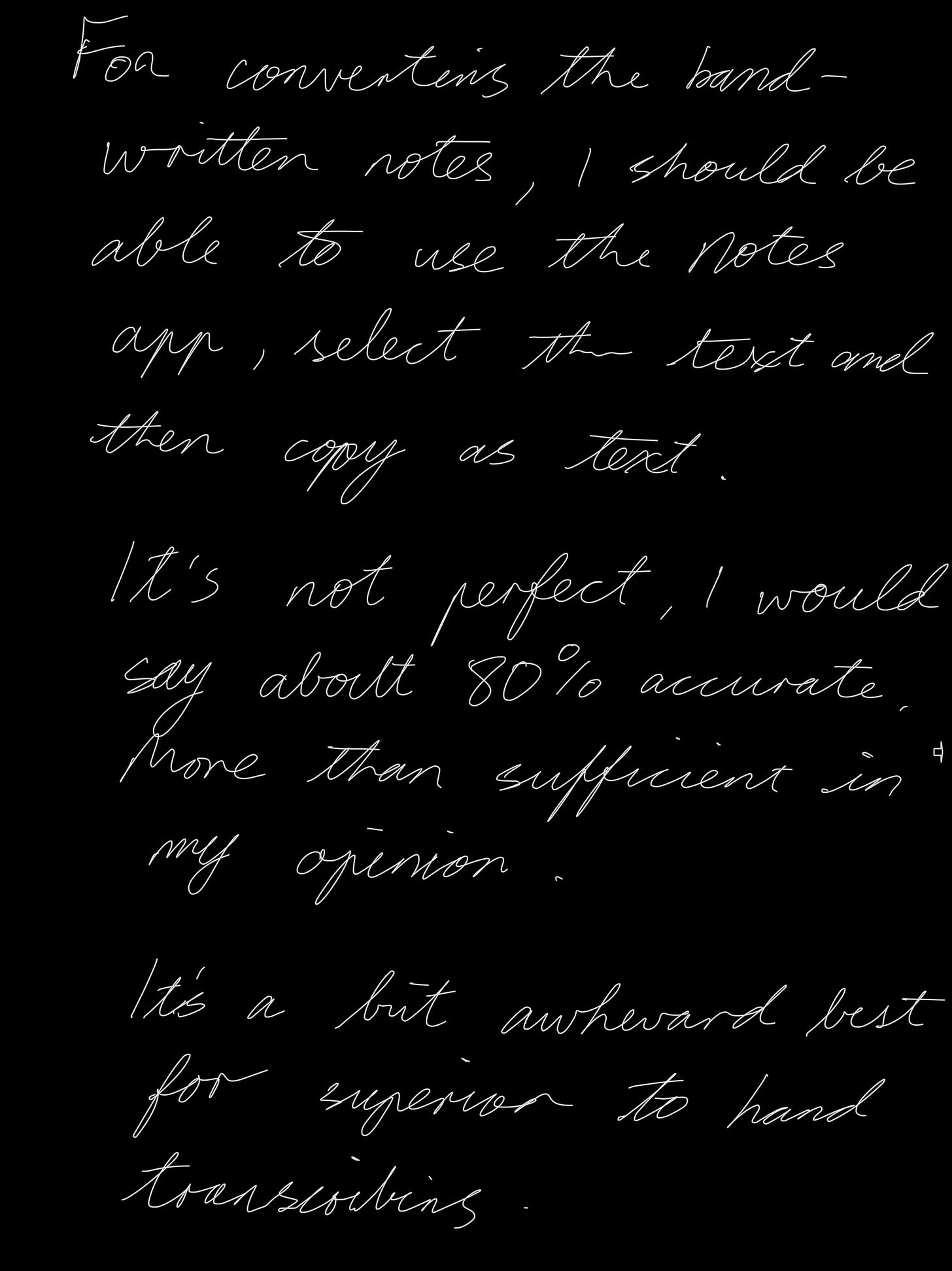Maximizing Writing Productivity
Six Figure Authors Podcast Episode 132 Analysis using NotebookLM
When other parts of our lives impact our writing, when the motivation to continue, even to sit down and write a short blog post, seems to have flown out the window. How can we stay creative?
Isn’t it strange how often bad things come in sets of three? From a serious illness of a family member, impactful changes in professional life, and, on top of all that, a complete lack of support for who we are and what we do.
I hear and read over and over that the most productive way to further a writing career is to time-block time for writing. But what if life keeps throwing rocks at you?
Life has a knack for getting in the way of the best-laid plans.
Author note: I woke up this morning feeling depressed, the onset of the ‘black mood’ that seems to be a common problem in my family. I started this post yesterday and finished it this morning (Sunday). I wondered if writing would help lighten my mood. See the final thoughts below to see if it worked.
AI-Assisted Research
Coincidentally, the Six Figure Authors podcast, episode 132, released at the beginning of October 2024, contains a lot of advice, some helpful and some not. The episode lasted over an hour, so it was challenging to sort through the three hosts’ different points of view. But how do you extract the details efficiently?
Traditionally, we could scribble notes, perhaps listing the times the point was discussed. We could then listen to the relevant sections again and edit or expand our notes. Can you imagine how much time this would take? Naturally, I didn’t even attempt this, although I later listened to the podcast again for verification purposes.
Instead, I downloaded the mp3 file from the episode website (link given above) and then loaded the file into NotebookLM. This took a few minutes as the file is over 25 MB. Once loaded, NoteBookLM presented several pre-generated questions, many of which were helpful, plus one or two questions on my own.
The details are all included in the attached PDF file, suitably edited, of course. Below, I’ve included the NotebookLM prompts for each section:
Techniques for Writing Productivity:
How do authors maintain productivity with limited writing time?
Podcast Hosts' Productivity Techniques
What methods did the podcast hosts use to increase writing productivity?
Jo's Editing Methods
Describe Jo's two manuscript editing methods.
Bringing it all together, I asked for a summary for the 1 hour, 11-minute podcast. See the last section titled Six-Figure Authors Podcast Summary: Productivity and Editing Techniques:
Can you please produce a complete summary of the podcast?
As you can see, the PDF saved me a lot of time and allowed me to identify some techniques to help with my creative productivity. Later on in the day, I added one more prompt.
Now, detail Maximizing Productivity with Limited Time.
Here is the PDF of the result. I’ve printed this and taped it above my desk.
Useful Productivity Advice
Reading through the PDF, I identified some things I could implement: writing in bursts, concentrating on portable writing, and converting handwritten notes. But with some major variations. I have an iPad mini with an Apple pencil thrown for good measure, so the handwritten notes will best be written on this.
Here is a quick note jotted down in a spare moment; it’s very short, but we can use it to demonstrate and test the concept:
Another complementary approach is to resurrect dictation once more. I tried several methods and techniques a few months back, but the text required so much editing that it rapidly eroded any benefits. With practice, the dictation quality would undoubtedly improve; handwriting, on the other hand, gives the brain time to catch up, and we can lightly edit as we go.
I had never considered handwriting and reading the text aloud into an app such as Notes or Otter, which produces a transcription. Perhaps this is the quick fix I need for my dictating woes.
Reading it back via Otter, here is the mostly unedited transcript:
for converting the handwritten notes, i should be able to use notes app select the text and then select the copy as text option. it's not perfect. i would say about eighty percent accurate, but more than sufficient. in my opinion, it's a bit awkward. but far superior to hand transcribing.
Obviously, for short notes like this, it takes more time than it saves, but we can see how several pages, perhaps even an entire first draft of a chapter, would be a significant saving. Even this short note took less than a minute. Then, we must edit the exported transcription to produce the final piece. Here is the final edited text
The test works out nicely for converting the handwritten notes. I can use the Notes App on the iPad, select the text, and select the “Copy as Text” option. While it's not perfect, I would say between eighty and ninety percent accurate, more than sufficient, though it can be a bit awkward. It is far superior and quicker than transcribing by hand.
I won’t be doing this as the dictation approach is significantly more efficient and accurate than converting the handwritten text.
Other, Not So Helpful Advice
While the advice is interesting and potentially useful, a few points, unsurprisingly, don’t apply to my current situation.
I’m not prepared to focus 100% on the writing project, to the exclusion of reading other books, avoiding watching movies, and so on. I need this downtime, and as a writer learning the craft, helpful articles, podcasts, etc., are a godsend. Take this podcast, for example.
Unfortunately, prioritizing writing time isn’t something I’m able to do right now. Instead, I have to write whenever I have the opportunity, even for just a few minutes. I know that many of us are in the same boat, unfortunately.
In an ideal world, I would time block writing times in my calendar and religiously stick to the schedule. Life isn’t like that, though, unless you are fortunate.
Editing Advice
The sections on the editing process were interesting and will, no doubt, be helpful once the first draft is finished. The discussion over the two-pass or the one-pass methods isn’t something a writer in my position has to think about just yet.
Limiting how many editing passes we should allow ourselves will be helpful. I understand that many new writers fall into the trap of constantly editing and tweeting their manuscripts without ever hitting the publish button.
As new writers, we need to remain realistic with ourselves. We are still learning the craft. Even the most celebrated authors admit to learning something from every project. However, there is a limit to how much we can achieve with an editing pass. Good will have to be good enough; the next project will be better, and the next, and the next…
Final Thoughts
I hope you found this helpful. I’m sure many enjoy writing but struggle to find the time.
While not a perfect solution, portable writing and writing in bursts should be helpful for struggling writers. Let me know if you find anything covered useful.
Finally, the ‘black mood’ is completely gone. It usually lasts for a day or two. The act of writing seems to be therapeutic, for me, anyway.
Take care, and have a great week of writing.






